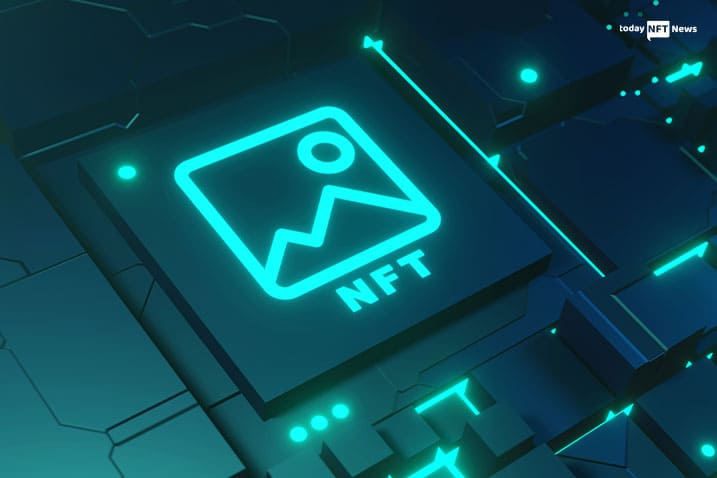SNEAK PEEK
- Singapore High Court rules that it possesses the jurisdiction to hear cases of dispute related to blockchain and categorized NFTs as a form of property.
- Judge Lee Seiu Kin revealed that irrespective of its decentralized nature, a legal claim can be purchased on a person whose identity is hidden behind a pseudonym.
- This came following the injunction that was issued on May 13 by the High Court and was claimed to be the first in Asia in order to protect an NFT.
In a recent revelation, we must note that the Singapore High Court has ruled that the Non-Fungible Tokens (NFTs) are to be considered property as they are capable of fulfilling certain legal requirements. One of the legal requirements is being easily differentiable from each other.
Judge Lee Seiu Kin ruled that it possesses the jurisdiction to hear cases of disputes involving blockchains, irrespective of their decentralized nature. Moreover, he ruled that a legal claim can be brought on an entity whose identity is concealed behind a pseudonym. The court issued these key points on October 21 on the halt of the sale and transfer of the Bored Ape NFT.
This started with Mr. Janesh Rajkupar, a Singaporean who owned one of the NFTs from the Bored Ape Yacht Club and used that NFT as collateral for a loan in order to borrow cryptocurrencies from a Twitter user, chefpierre.eth.
Judge Lee released a statement in relation to this that said that in accordance with the claimant, this spoke volumes as to the monetary value placed on NFTs within the BAYC collection and also that they are status symbols.
On August 6, 2021, Mr. Janesh purchased the NFT from another user for a total of 15.99 ETH, which was equivalent to around $33,000. In addition to this, it has been revealed that he would often enter into loan transactions with other users in order to borrow cryptocurrencies utilizing NFTs in the form of collaterals.
Judge Lee revealed that he was satisfied that the court had the jurisdiction to hear the application of Mr. Janesh.








